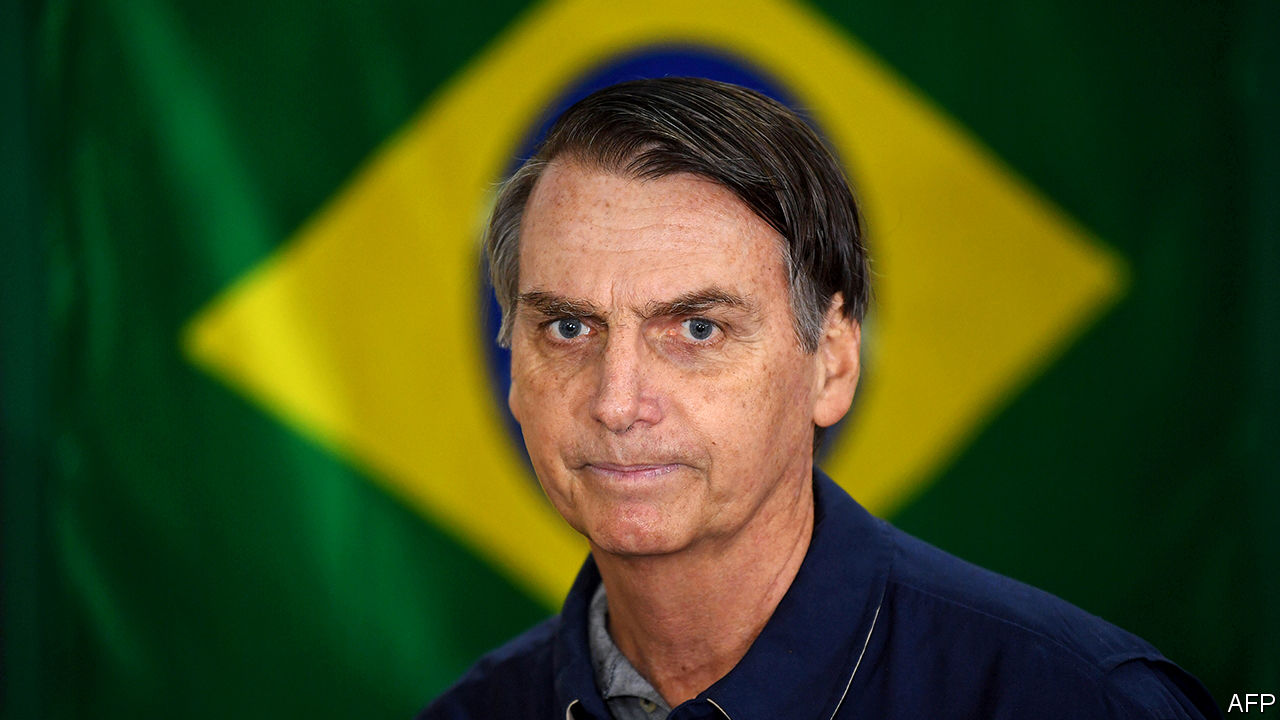On October 28, repressive drug policy secured a powerful platform in Brazil, the world’s fourth-largest democracy, with the election of far-right presidential candidate Jair Bolsonaro. He raked in 55 percent of the vote.
Bolsonaro’s military background informs his violent approach to drug policy. The former artillery unit captain has frequently expressed support for police killings of people merely suspected of drug trafficking. This position echoes that of Filipino President Rodrigo Duterte, who is currently conducting a large-scale drug war that has killed, without trial, over 12,000 people suspected of drug-law violations.
Bolsonaro’s potential drug policies are ideologically rooted in broader social bigotry. He has a long track record of advocating a military dictatorship, publicly disparaging women, gay people and Afro-Brazilian and indigenous communities. Indigenous leaders in Brazil have expressed fears of genocide, at the prospect of Bolsonaro’s election. Bolsonaro has also suggested that drug use causes people to become gay, and that drug legalization “[benefits] traffickers, rapists and hostage takers.” He offers no evidence for these beliefs.
Though some US publications repeat Bolsonaro’s message that he is like Trump, some experts in Brazil warn that, given the context, Bolsonaro may be even more dangerous.
Trump, who has already expressed interest in working with repressive regimes, like Saudi Arabia’s, took to Twitter to express his support for the Brazilian president-elect.
Had a very good conversation with the newly elected President of Brazil, Jair Bolsonaro, who won his race by a substantial margin. We agreed that Brazil and the United States will work closely together on Trade, Military and everything else! Excellent call, wished him congrats!
— Donald J. Trump (@realDonaldTrump) October 29, 2018
Trump’s emphasis on military collaboration with Bolsonaro is concerning, to say the least, given the latter’s aspirations for instituting a despotic, militarized police state, similar to the one that ruled the country from 1964 to 1985. Yet if the US lent support to Bolsonaro’s repressive drug policies, it would be far from the first time the US has behaved in such a way in Latin America.
Bolsonaro saw only two out of a dozen bills he introduced during his time in the Brazilian congress become law; since he does not command a majority in that institution, it is unclear how effectively he will be able to implement his policies. He is set to take office in January 2019.





Show Comments